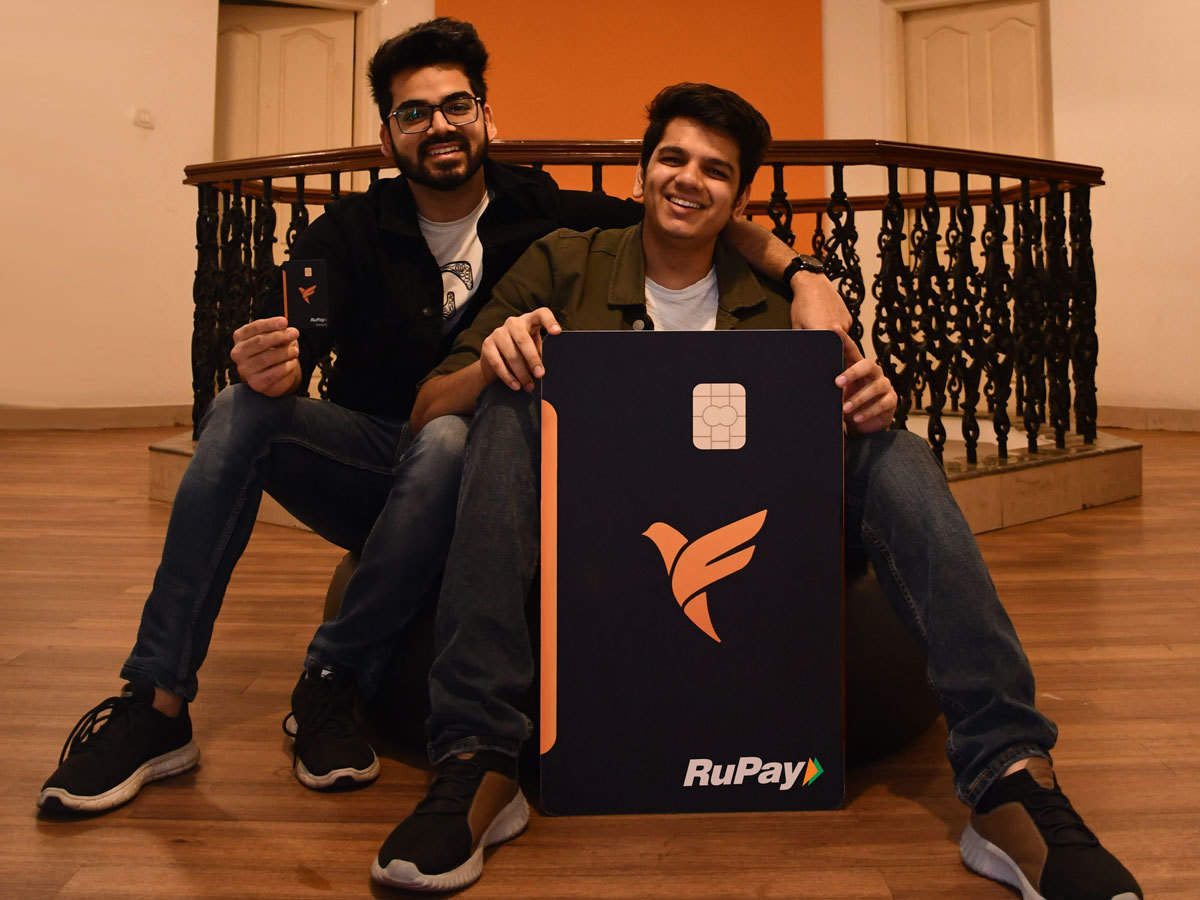Introduction
FamPay has grown to become one of India’s largest fintech startups, with a stronghold on the teenage finance market. FamPay is a fintech service that was launched in 2019 to enable children under the age of 18 to gain financial independence through a specially tailored app.
The program allows kids to do online purchases without having to ask their parents for banking information or wait for one-time passwords (OTPs), which are required for net banking and card transactions.
A virtual card is generated for the user once they sign up for the app. This card can be used just like a regular debit card on any online retailer’s website. A request for a physical payment can be made for offline payments.
For parents, this helps to put their children on a budget and not giving them free rein over their entire financial account, instilling in them a valuable lesson in budgeting.
COVID-19 struck a few months after their introduction, and they had to not only shut down their manufacturing for a while but also reassess their go-to-market strategy, as they were selling at kiosks outside schools and reaching their target group right where they might have the most impact.
With COVID-19 forcing schools to close, Kush and Sambhav had little choice but to rethink their sales strategy. Finally, they chose to expand their use of web marketing to reach a larger audience that saw being a part of the FamPay family and possessing a FamCard as a sign of prestige and high status.
FamPay hosted giveaways, invited producers to participate in or support their content, worked with teen-focused brands, and staged contests on Instagram. The firm also offered significant discounts on popular platforms like Swiggy, as well as gave enticing cashbacks in the form of ‘FamCoins,’ which was extremely exciting at a time when CRED coins were a hot topic on social media. And it paid off:
FamPay’s user base expanded by 875.6 percent, or nearly tenfold, from 69,542 customers in the third quarter of 2020 to 678,475 users the following quarter.
FamPay finally surpassed one million subscribers in the subsequent months, concluding the first quarter of 2021 with 1.35 million customers and becoming one of the country’s fastest-growing startups last year.
Founders’ Verdicts
When asked about the experience, Kush Taneja describes it as a lot of learning squeezed into a short period of time, similar to what students do the night before an exam. “FamPay is the first job we’ve ever had together. When we first launched the firm after graduating from college, we had no idea what phrases were used in fundraising, what a press release was, or even what an embargo was.
We learned everything on the job, and we had to learn everything while developing, especially since we were first-time entrepreneurs with no industry ties”, he adds.
The most crucial thing, according to the duo, has been to teach youngsters that they are the ones who must take charge of their finances — and that the vast majority, if not all, of their sign-ups and originations, come from children who exhibit interest in joining the platform. It helps to be a teen-focused startup that actually listens to them rather than dismissing them.
According to the founders, youngsters are increasingly taking on the role of chief technology officers in their homes, assisting their parents in making large-ticket purchases online. They may not be decision-makers, but they are certainly decision influencers, just because of their understanding of technology and everything that it entails.
What is the company’s revenue model for this?
FamPay helps increase brand awareness by partnering with firms that want to target the teenage market with users on the platform. FamPay is presently working on adding a new commerce component to the app that will allow kids to choose firms that cater to their individual requirements, whether it’s a clean-ingredient cosmetics company, a mental wellness platform to help them cope with exam stress or an edtech platform.
These small details combine to make FamPay a comprehensive platform that appeals to both teenagers and parents, as evidenced by the number of transactions the company has completed. The Bengaluru-based company increased from 48,070 transactions in the third quarter of 2020 to 3.8 million transactions in the April-May-June quarter, a staggering 7,897 percent increase.
Elevation Capital, Sequoia Capital India, Venture Highway, Y Combinator, Global Founders Capital, General Catalyst, Rocketship VC, and Greenoaks Capital have all contributed to the startup’s $42.7 million in funding.
“It’s only going to get better from here,” says Sambhav Jain, co-CEO of a company that had to briefly halt manufacturing activities at the start of the pandemic but has since rocketed to startling new heights.




















